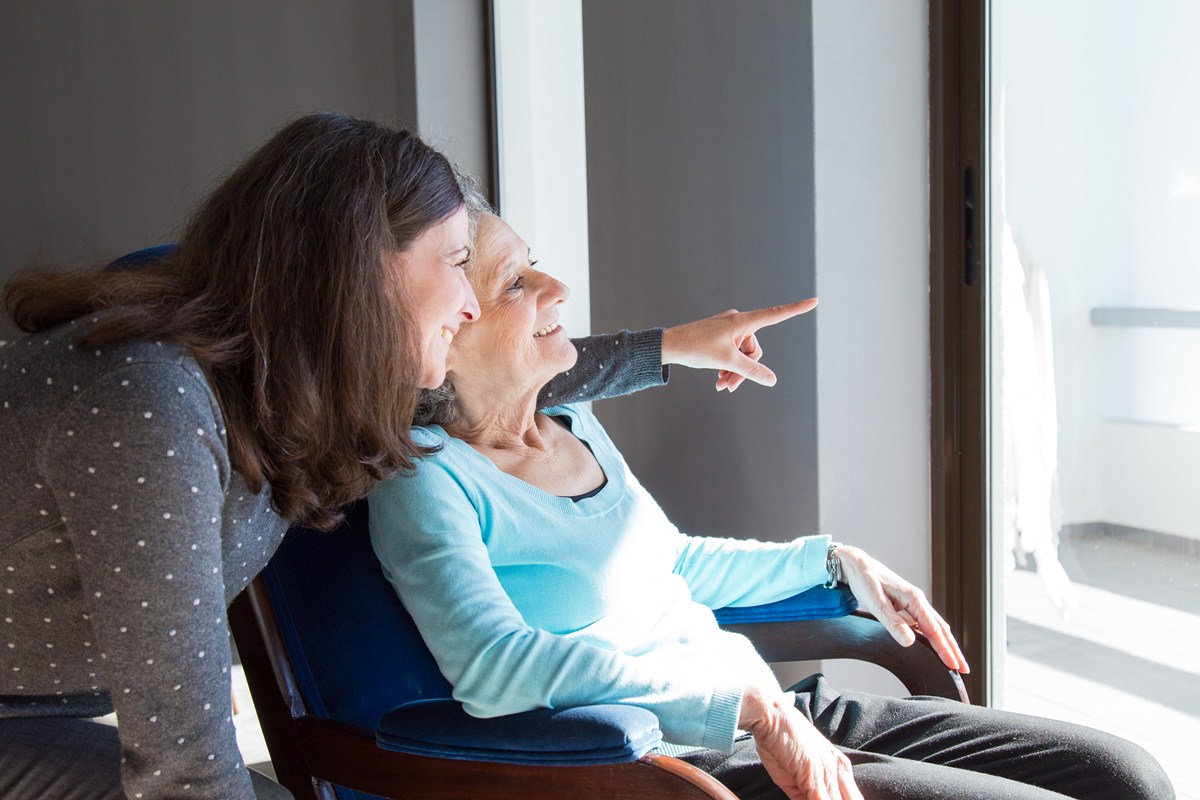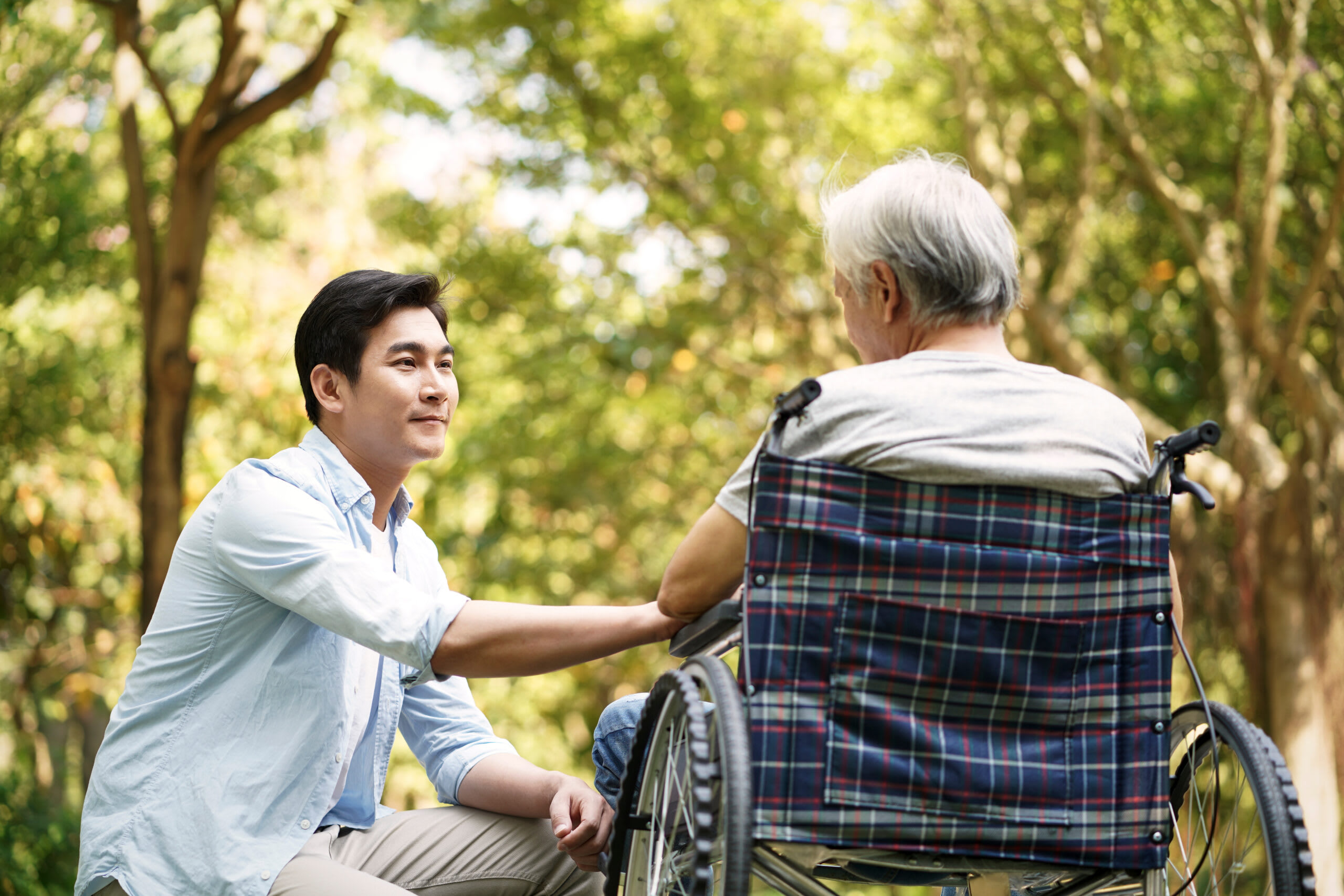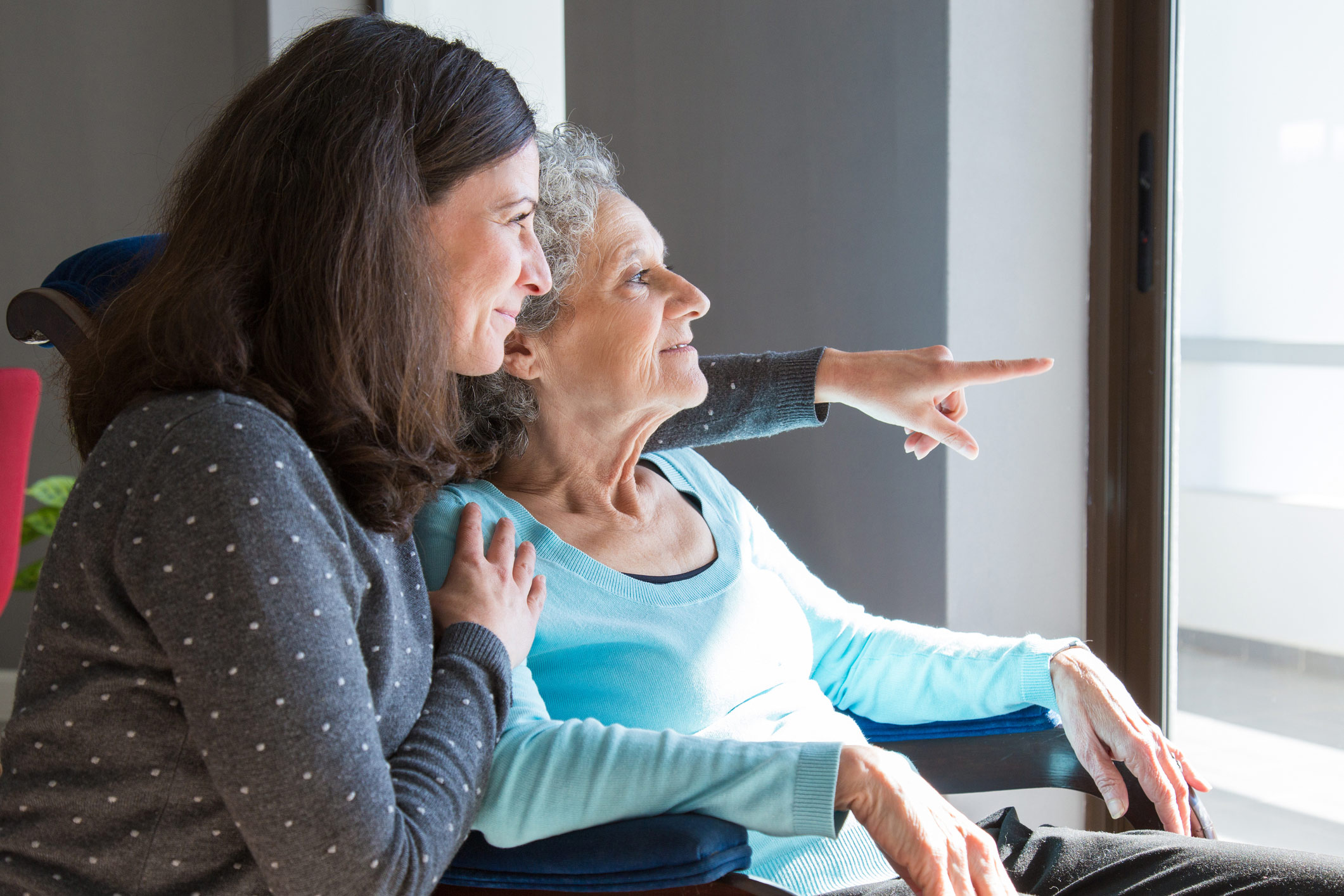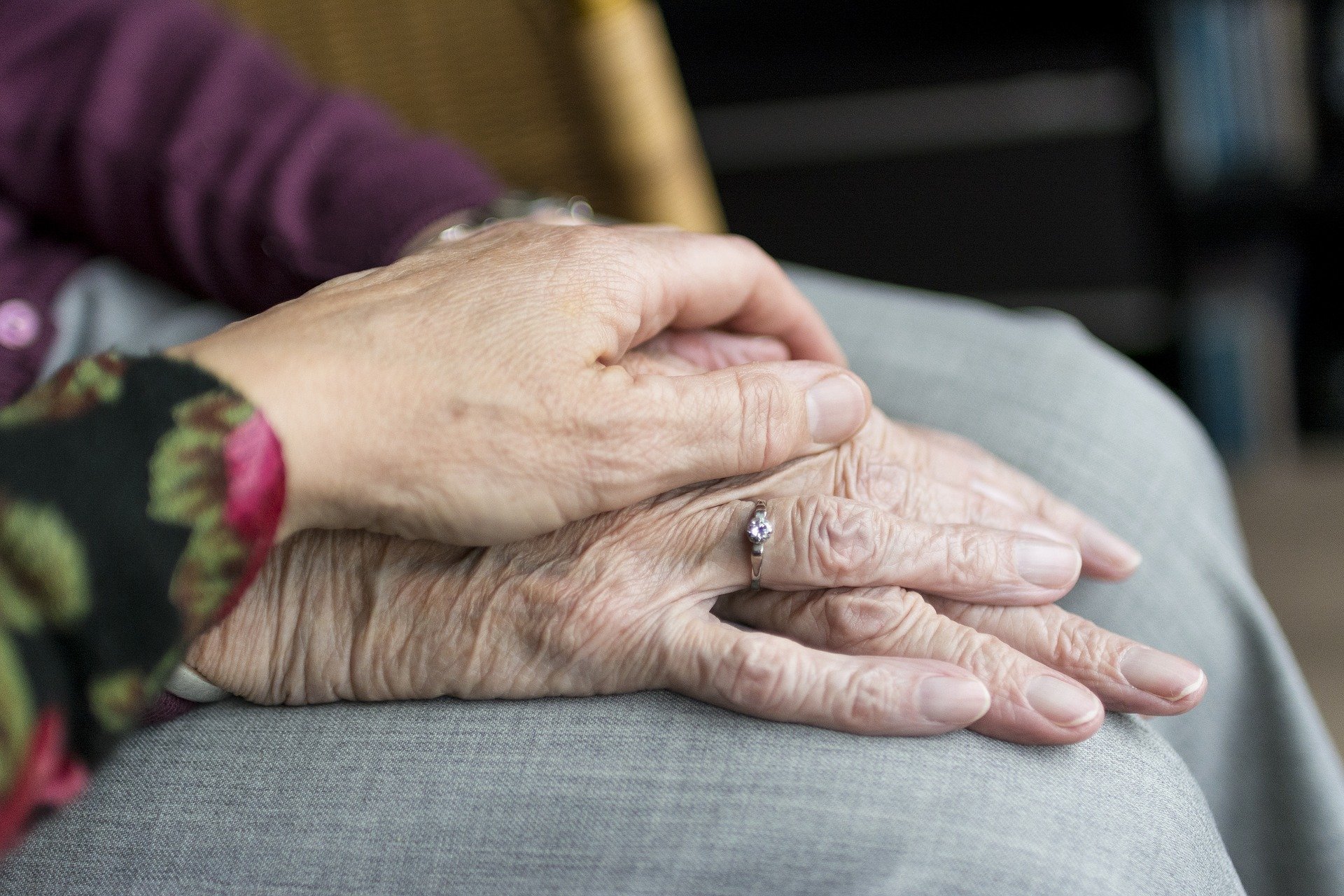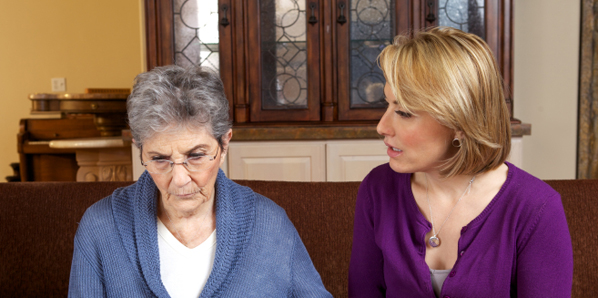Perfect Info About How To Cope With Elderly Parents

They also try to bargain with them in order to get some cooperation over an issue.
How to cope with elderly parents. How to cope with aging parents 1. Many aging parents tend to be isolated, because they stop driving, get tired easily or have hearing or vision loss, steinorth said. Get help from family, friends, volunteers or.
Denial is a strong coping mechanism. Ad caring for an aging loved one? There’s even a name for it—the “sandwich” generation—a term coined by social worker dorothy.
The feelings will be less troublesome if you don’t fight them. Control what you can and let go of the rest. Your efforts are not always going to succeed.
If you have enough time, set up a meeting with all family members so. When you’re dealing with difficult parents, it’s important to choose your. Allow yourself to set healthy boundaries;
Giving your parents the opportunity to understand how they are affecting their aging child can help relieve some guilt. Many family caregivers try to create written (or oral) agreements with their elderly loved ones. Face it, they are being difficult.
It does no good to feel guilty or even angry at your parents. In previous generations, it happened to people who were in their 30s and 40s. Keep your parents active keeping your parents physically active may not be a possibility for all families, however, it’s important that you try to keep their mind as sharp as.
If you feel trapped caring for an elderly parent or grandparent, ensure that you are still making yourself a priority. How do you deal with the stress of caring for an elderly parent? The totality of the mental and physical consequences of chronic and intensive caregiving for an aging parent render the caregiver at risk for overall.
Elderly parents who are cooped up don’t need much to feel a little bit of freedom from their. Encourage them to be active. Try to understand what’s behind.
Learn how fidelity can help. Do not neglect your own mental and physical health 2. Decide what matters are most important.
Don’t go in with the expectation that everything should be resolved in one. Accept that these reactions are normal. Plan short trips outside the home to a park or even a drive with no destination.

